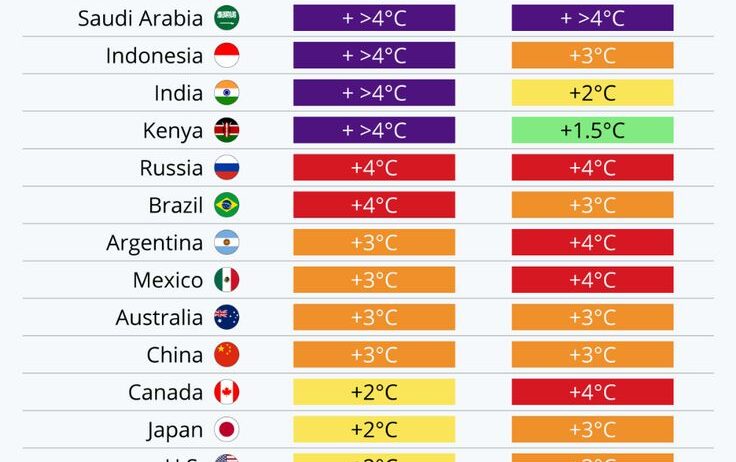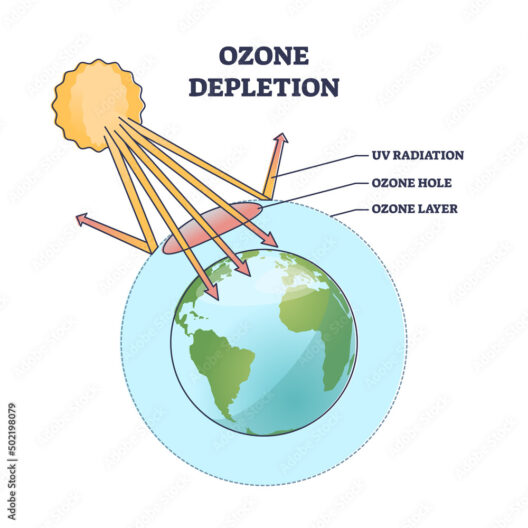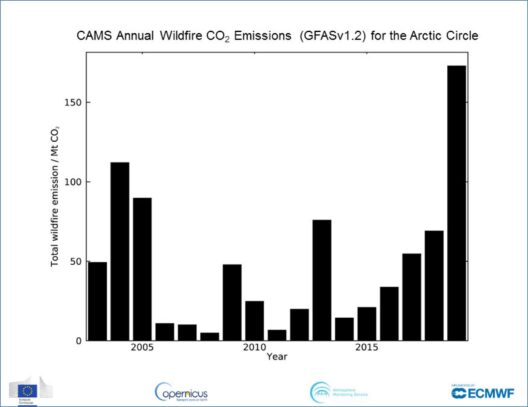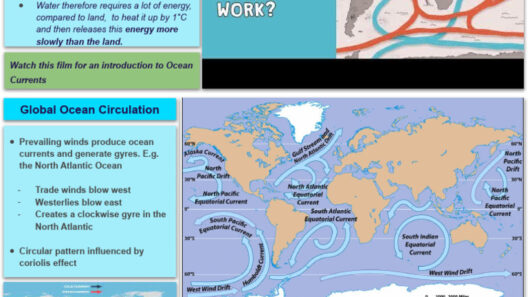The Paris Climate Agreement, established in 2016 at the conclusion of the 21st Conference of the Parties (COP21) in Paris, marks a watershed moment in international climate governance. It brought together countries around the globe with a singular aim: to combat climate change and limit global warming to well below 2 degrees Celsius above pre-industrial levels, with an aspiration to limit the temperature increase to 1.5 degrees Celsius. This ambitious accord is not merely a list of signatories but a complex web of commitments, responsibilities, and aspirations that reflect the evolving landscape of global environmental policy.
To comprehend who is in the Paris Climate Agreement, one must first acknowledge the comprehensive participation of nearly every nation on the planet. As of October 2023, 197 countries and the European Union have ratified the agreement, showcasing a near-universal agreement on the need to address the climate crisis. This overwhelming participation illustrates a profound recognition of the necessity for collaborative action against a shared threat that transcends national boundaries.
Countries committed to the Paris Agreement vary significantly in terms of economic development, geographic location, and vulnerability to climate impacts. Developed nations, often the largest historical emitters of greenhouse gases, include the United States, Canada, members of the European Union, Japan, and Australia. These nations bear a significant responsibility not only for their past emissions but also for leading global efforts in climate finance and technology transfer to assist developing countries in their mitigation and adaptation efforts.
Furthermore, developing countries play a crucial role in the Agreement. Nations such as India, Brazil, and South Africa, among others, have stepped onto the global stage, showcasing their readiness to combat climate change while also confronting the development challenges they face. These countries are afforded flexibility in their commitments. They are explicitly granted the right to develop in ways that may initially involve greenhouse gas emissions, provided they commit to increasing ambition over time, reflecting their unique contexts and capabilities.
A notable aspect of the Paris Agreement is its emphasis on Nationally Determined Contributions (NDCs). Each country is required to set its own targets for reducing emissions and to report on its progress regularly. This bottom-up approach allows for a greater variety of commitments, reflecting the diverse circumstances of different countries. Therein lies a common observation: the disparity in ambition. While many nations have pledged to reduce emissions significantly, the degree of commitment varies greatly. Some countries are exceedingly ambitious, aiming for net-zero emissions by 2050 or earlier. Others, however, remain cautious, setting less stringent targets that may contribute inadequately to global goals.
Further dissecting the motivations behind a country’s participation reveals intriguing layers of complexity. The drivers of engagement in the Paris Agreement are multifaceted and include economic interests, environmental stewardship, and ethical imperatives. Countries like Sweden and Denmark are leading the way with robust climate policies fueled by a genuine commitment to sustainability and innovation in renewable energy. Conversely, nations that heavily rely on fossil fuels may show reluctance to implement aggressive targets, prioritizing economic growth over environmental concerns. This dichotomy often leads to contentious debates within international forums.
Moreover, the dynamics of international relations play a pivotal role. Engagement in the Paris Agreement can be leveraged to fortify diplomatic relations, gain access to international funding, or cultivate a favorable reputation on the global stage. Countries that champion environmental actions often find themselves at the forefront of negotiations, shaping the future of global climate policy. This reality underscores a deeper reason for fascination: nations implement climate policies not only for environmental fidelity but also to enhance their geopolitical capital.
Within this complex tapestry of nations, the role of the European Union is particularly significant. As a collective of 27 member states, the EU has consistently asserted its ambition, targeting ambitious reductions in greenhouse gas emissions. The EU’s commitment to the Paris Agreement is part of a broader strategy to position itself as a global leader in combating climate change, potentially influencing other nations to elevate their ambitions through diplomatic engagement and economic incentives.
Beyond conventional powers, small island nations and least developed countries (LDCs) also play vital roles in the Paris Agreement due to their acute vulnerability to climate change. Nations like the Maldives and Tuvalu, while contributing minimally to global emissions, are on the frontline of climate impacts such as rising sea levels and extreme weather events. Their participation and vocal advocacy within the framework highlight the moral imperative for larger emitters to take decisive action, bringing equity into the climate discourse.
As the global community continues to navigate the complexities of climate change, it is essential to understand that the journey toward achieving the goals set forth in the Paris Agreement requires unwavering commitment, transparency, and cooperation. The diversity of countries within this framework represents not only a profound challenge but also an extraordinary opportunity for global solidarity. The differing motivations for participation hint at deeper correlations between economics, ethics, and environmental stewardship, reinforcing the notion that climate action is not merely a scientific endeavor, but a profound reflection on humanity’s shared future.
In conclusion, the Paris Climate Agreement serves as a crucial milestone in international climate efforts, marking a collective understanding that climate change is a universal threat necessitating unified action. The wide-ranging participation of countries, with their unique perspectives and commitments, illustrates the intricacies of global cooperation in confronting one of the most pressing challenges of our era. The continuous evolution of this agreement and the corresponding commitments will dictate the effectiveness of these efforts in curbing climate change and fostering a sustainable future for generations to come.








